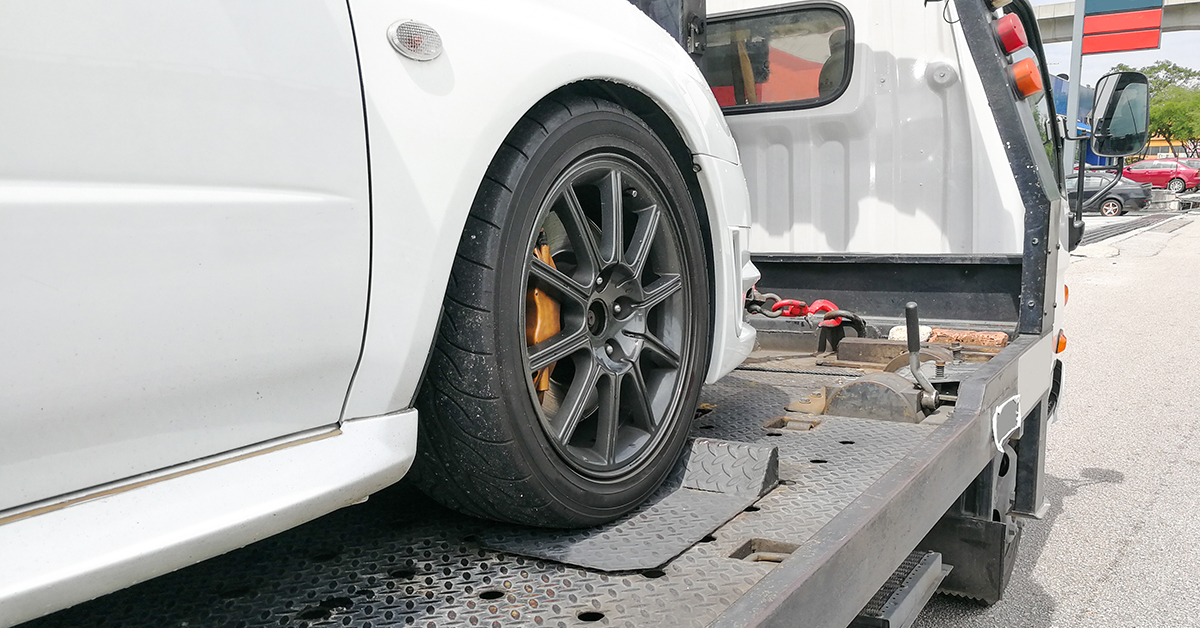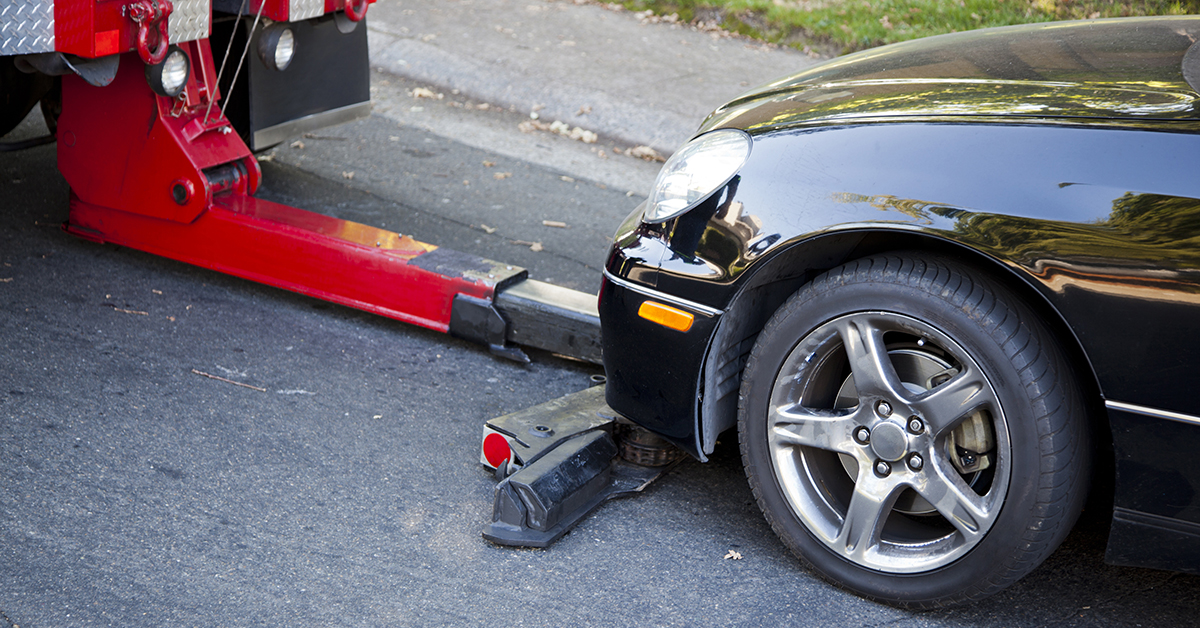
A recent vehicle repossession class action lawsuit filed in the Lycoming County Court of Common Pleas on behalf of Pennsylvania consumers, asserted that repossession notices sent by a Buy-Here, Pay-Here car dealership and its finance company violated the borrower’s consumer rights. The class action provided for debt forgiveness, credit report correction, and a cash award to all class members.
Cy Pres Award to North Penn Legal Services
Residual funds, which result from uncashed or non-distributable funds to class members, were awarded to North Penn Legal Services (NPLS), a provider of free civil legal assistance to low-income residents of Northeastern Pennsylvania. These funds are designated as cy pres.
NPLS strives to solve civil legal problems and empower vulnerable populations through professional legal representation, advocacy, and education. NPLS will direct the cy pres funds to continue their work in assisting disadvantaged consumers in Northeastern Pennsylvania.
NPLS will direct the cy pres funds to continue their work in assisting disadvantaged consumers in Northeastern Pennsylvania.
Pictured (l-r): Edward G. Schirra, CFO, and Lori Molloy, Esq. of North Penn Legal Services, and Andy Milz, Esq. of Flitter Milz, P.C.
Experienced Class Action Counsel
 Flitter Milz, P.C. is a leading consumer protection law firm that pursues class action lawsuits to help people who have been victim to wrongful repossessions, credit report errors, solar panel financing fraud, unfair collection practices, or other types of consumer fraud. Flitter Milz has been recognized for the pursuit of high-profile cases, often involving complex consumer law issues, that have made law and benefited consumers nationwide. Pictured above: Attorneys Cary Flitter (center), Andy Milz (left), Jody López-Jacobs (right).
Flitter Milz, P.C. is a leading consumer protection law firm that pursues class action lawsuits to help people who have been victim to wrongful repossessions, credit report errors, solar panel financing fraud, unfair collection practices, or other types of consumer fraud. Flitter Milz has been recognized for the pursuit of high-profile cases, often involving complex consumer law issues, that have made law and benefited consumers nationwide. Pictured above: Attorneys Cary Flitter (center), Andy Milz (left), Jody López-Jacobs (right).

 This past summer our attorneys visited Joint Base McGuire-Dix-Lakehurst in New Jersey and Dover Air Force Base in Delaware to educate military lawyers (commonly known as Judge Advocates General or “JAGs”) about common scams targeting servicemembers and how consumer protection laws exist to give our men and women in uniform some measure of relief.
This past summer our attorneys visited Joint Base McGuire-Dix-Lakehurst in New Jersey and Dover Air Force Base in Delaware to educate military lawyers (commonly known as Judge Advocates General or “JAGs”) about common scams targeting servicemembers and how consumer protection laws exist to give our men and women in uniform some measure of relief. Young and impressionable servicemembers often become targets of scammers. Factors such as reliable pay checks and great military benefits, as well as being subject to sudden deployment and relocation, make servicemembers easy prey for payday lenders, buy-here-pay-here auto dealers, and sub-prime finance companies.
Young and impressionable servicemembers often become targets of scammers. Factors such as reliable pay checks and great military benefits, as well as being subject to sudden deployment and relocation, make servicemembers easy prey for payday lenders, buy-here-pay-here auto dealers, and sub-prime finance companies. Fortunately, the “Military Lending Act” places caps on interest rates to be charged, mandates certain disclosures, and prohibits the use of arbitration clauses in credit agreements. A violating seller can face punitive damages and having to pay the servicemember’s attorney fees.
Fortunately, the “Military Lending Act” places caps on interest rates to be charged, mandates certain disclosures, and prohibits the use of arbitration clauses in credit agreements. A violating seller can face punitive damages and having to pay the servicemember’s attorney fees. The “
The “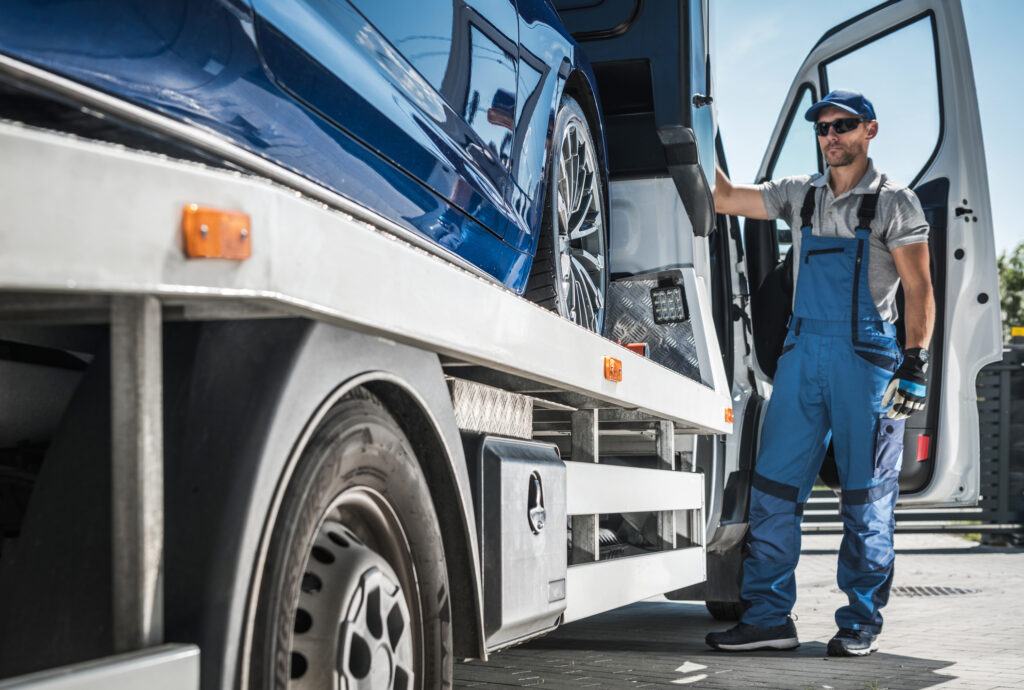


 The lender may attempt to collect the deficient balance from the borrower or assign the collection to an agency or collection law firm. If the debt is not collected, the lender may choose to file a lawsuit against the borrower.
The lender may attempt to collect the deficient balance from the borrower or assign the collection to an agency or collection law firm. If the debt is not collected, the lender may choose to file a lawsuit against the borrower. Judgments are dangerous. The lender attempt collection of the judgment through bank attachment, seizure of property, or in many states, wage garnishment.
Judgments are dangerous. The lender attempt collection of the judgment through bank attachment, seizure of property, or in many states, wage garnishment. Andy Milz is a contributing author to REPOSSESSION, National Consumer Law Center (10th ed. 2022) Carolyn Carter, Andrew Milz, et. al., considered the leading
Andy Milz is a contributing author to REPOSSESSION, National Consumer Law Center (10th ed. 2022) Carolyn Carter, Andrew Milz, et. al., considered the leading 

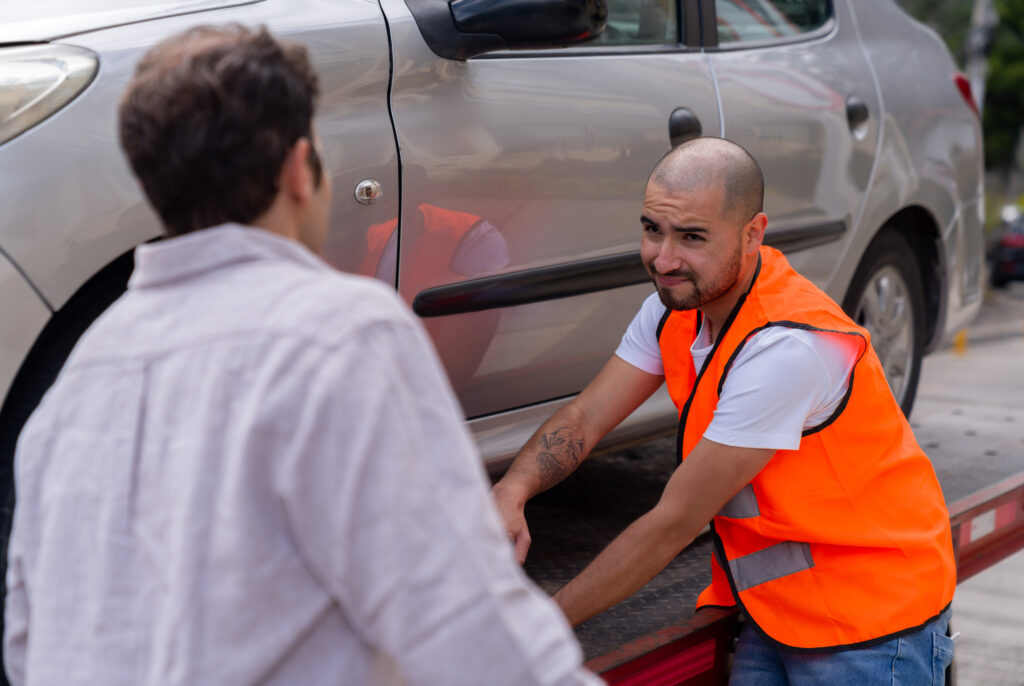
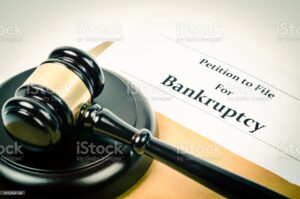 However, there is a complicated intersection between auto finance law and bankruptcy. Before taking any action, borrowers must understand the implications of bankruptcy and be able to determine the most prudent steps to take before and after a vehicle has been repossessed. In general, merely having your car or truck repossessed is not enough to warrant filing for bankruptcy. Let’s try to simplify it.
However, there is a complicated intersection between auto finance law and bankruptcy. Before taking any action, borrowers must understand the implications of bankruptcy and be able to determine the most prudent steps to take before and after a vehicle has been repossessed. In general, merely having your car or truck repossessed is not enough to warrant filing for bankruptcy. Let’s try to simplify it. If your car was already repossessed, you have other rights as a consumer borrower, separate from any bankruptcy proceeding. Bankruptcy is only one tool or avenue if your car or truck has been repossessed – and it might, or might not, be right for your specific situation. Consult with an experienced consumer lawyer to understand your options outside of a bankruptcy.
If your car was already repossessed, you have other rights as a consumer borrower, separate from any bankruptcy proceeding. Bankruptcy is only one tool or avenue if your car or truck has been repossessed – and it might, or might not, be right for your specific situation. Consult with an experienced consumer lawyer to understand your options outside of a bankruptcy. If you’re concerned that the lender my repossess your vehicle, or perhaps thinking of filing bankruptcy to get your car back after repossession,
If you’re concerned that the lender my repossess your vehicle, or perhaps thinking of filing bankruptcy to get your car back after repossession,  Lenders are not required to notify the borrower in advance of an auto repossession. However, after a vehicle has been taken, the lender must send a letter to the borrower outlining terms to get the vehicle back — whether the lender is a bank, such as Well Fargo or Bank of America, a credit union, such as Pennsylvania State Employees Credit Union or Erie Federal Credit Union, or a financial institution such as Driveway Finance or PA Auto Credit. The repossession letter, often called a
Lenders are not required to notify the borrower in advance of an auto repossession. However, after a vehicle has been taken, the lender must send a letter to the borrower outlining terms to get the vehicle back — whether the lender is a bank, such as Well Fargo or Bank of America, a credit union, such as Pennsylvania State Employees Credit Union or Erie Federal Credit Union, or a financial institution such as Driveway Finance or PA Auto Credit. The repossession letter, often called a  After the lender has made the decision to repossess a vehicle, arrangements are made with a repo agent who will locate the vehicle and take it, often without warning. In advance of the repossession, the repo agent must inform the local police department of their intent to seize the vehicle. The repo agent may come with a tow truck to the borrower’s home or place of employment. Or, they may track the vehicle
After the lender has made the decision to repossess a vehicle, arrangements are made with a repo agent who will locate the vehicle and take it, often without warning. In advance of the repossession, the repo agent must inform the local police department of their intent to seize the vehicle. The repo agent may come with a tow truck to the borrower’s home or place of employment. Or, they may track the vehicle  finding it at another location, such as at a shopping mall, doctor’s office, or the address of a family member or friend. Sometimes at the time of purchase, the dealership may have installed a GPS tracking device or a remote control car disabler. The repo agent may use these devices to track vehicles that have been assigned for repossession.
finding it at another location, such as at a shopping mall, doctor’s office, or the address of a family member or friend. Sometimes at the time of purchase, the dealership may have installed a GPS tracking device or a remote control car disabler. The repo agent may use these devices to track vehicles that have been assigned for repossession. In Pennsylvania, a repossession agent has to be licensed with the Department of Banking and Securities of the Commonwealth and may be hired by a bank, credit union or finance company to repossess cars, trucks motorcycles, RVs, powersport vehicles, boats or airplanes. If a vehicle is missing, the borrower should make calls to the local police and the lender to confirm it was not stolen.
In Pennsylvania, a repossession agent has to be licensed with the Department of Banking and Securities of the Commonwealth and may be hired by a bank, credit union or finance company to repossess cars, trucks motorcycles, RVs, powersport vehicles, boats or airplanes. If a vehicle is missing, the borrower should make calls to the local police and the lender to confirm it was not stolen. Flitter Milz has the expertise in representing borrowers whose vehicles have been wrongfully repossessed by banks, credit unions and financial companies.
Flitter Milz has the expertise in representing borrowers whose vehicles have been wrongfully repossessed by banks, credit unions and financial companies. 





